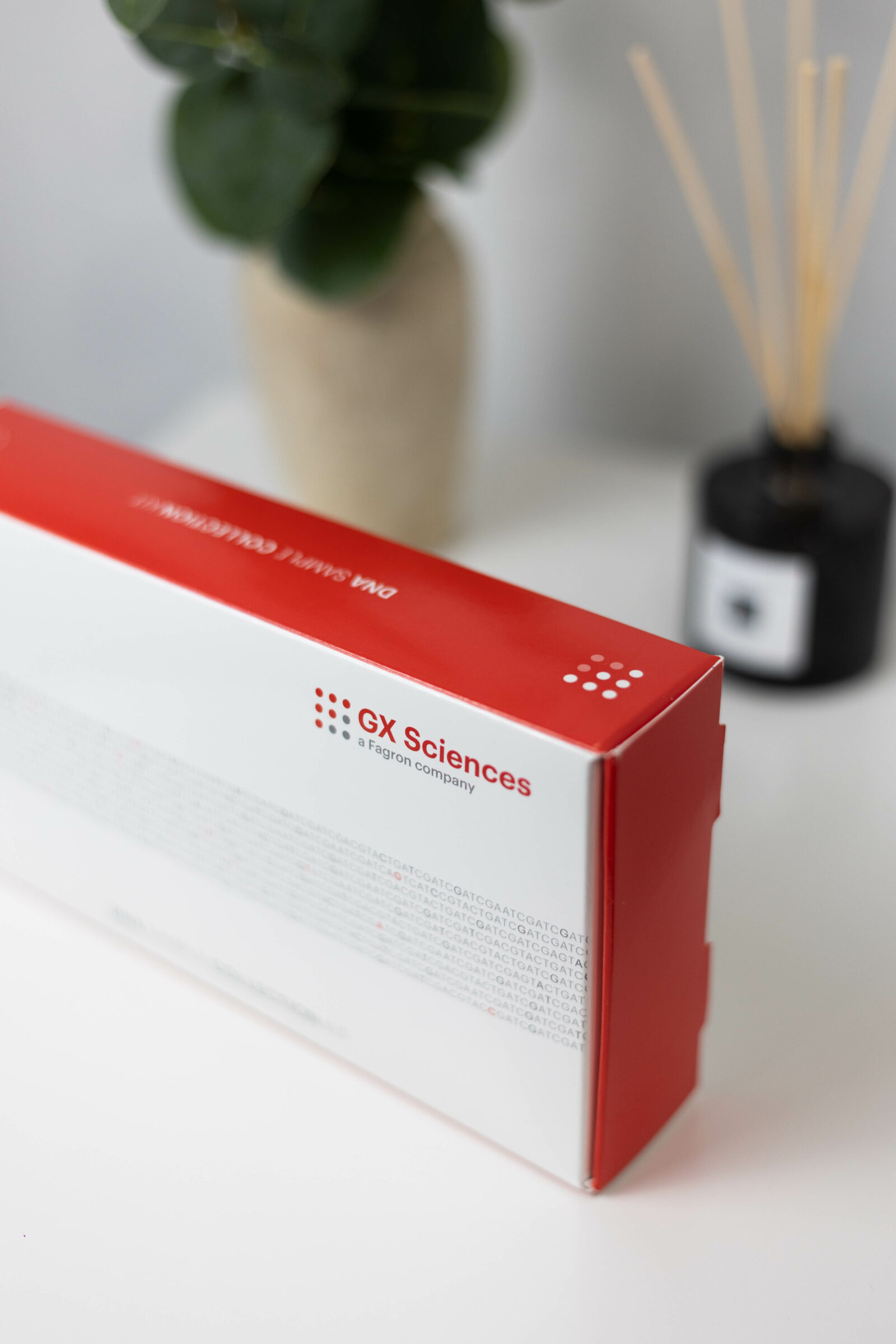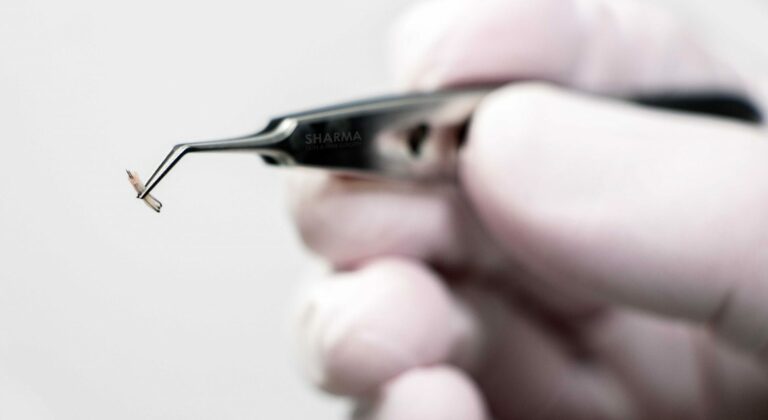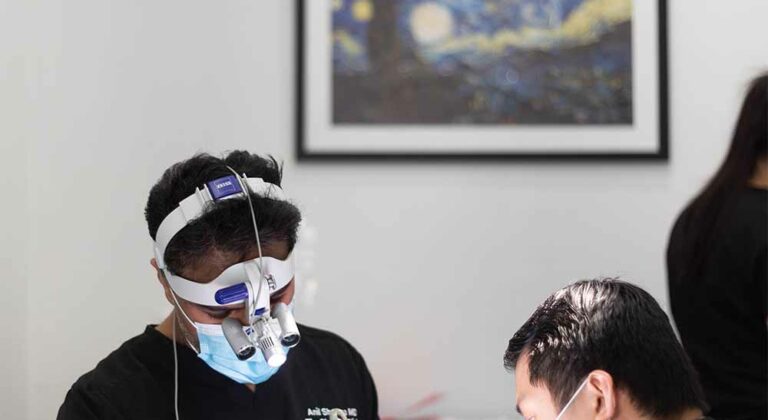What is the TrichoTest?
Hair loss is a common problem, and there are many effective treatments. However, the
efficacy of different treatments can vary widely from person to person, depending on genetic
differences. The TrichoTest is a DNA test designed to analyze a person’s genetic makeup to
help determine the most suitable hair loss treatment options. The test helps doctors to
provide personalized solutions for people who are experiencing a variety of hair issues
including hair loss, hair thinning, and male pattern baldness.
The TrichoTest was developed by Fagron, a leading pharmaceutical company that
specializes in personalized medicine. The test analyzes both genetic and lifestyle factors to
produce a customized report with recommended treatment options for hair restoration.
What is the purpose of the TrichoTest?
There are many different treatment approaches for hair loss, hair thinning, and male pattern
baldness, including medications, topical treatments, hair transplant procedures, and alternative
therapies. Each patient’s medical history and genetic makeup is unique, which means that
some treatments work better than others for different situations. Additionally, some
treatments may be ineffective depending on a person’s genetics.
Without the TrichoTest, doctors use their best approximation based on the patient’s unique
medical history to start with the right treatment. However, there is some trial and error
involved and it tends to take take longer to find a treatment that works well for a given
individual.
The TrichoTest may speed up the process by providing your doctor with important
information about the causes and factors influencing your hair issues, which can help them
to zero in on the best treatment plan for you. This means you will get the most effective
treatment for you right away instead of trying muiltiple different treatments and waiting to see
if they help.
What are the benefits of the TrichoTest?
There are a number of benefits of the TrichoTest:
● Taking the test is fast and easy, with just a quick mouth swab and a questionnaire.
● The TrichoTest increases the chances of successful treatment and hair restoration.
● Offers patients a tailored, personalized solution which considers their individual
genetic factors.
● It reduces trial and error, and ultimately saves time.
How the TrichoTest works
The process of taking the TrichoTest is quick and easy. First, a hair loss professional will
take a swab from the inside of your mouth to collect a sample of your DNA.
You will also take a questionnaire about your medical history which will be provided to
Fagron, the company that offers the TrichoTest.
The swab will be sent to the lab, where your DNA will be analyzed. 48 SNPs (genetic
variations) are analyzed in the TrichoTest.
The results of the genetic test are used to generate a report about your metabolism and
other factors contributing to hair loss. The report will indicate which factors are at play and
will recommend suitable treatment options.
It typically takes 14 business days after the lab receives the sample to receive the results.
Once you and your doctor receive the results and develop a treatment plan, you will continue
to see your doctor to receive treatment.
How are the results generated?
The TrichoTest analyzes a total of 48 SNPs – single nucleotide polymorphisms, also known
as genetic variations – which have been validated by scientific research. The test also
considers lifestyle factors like diet, stress, and drug metabolism to further improve results.
Fagron lists 7 different hair loss treatment categories which are evaluated by the test:
● Metabolism of prostaglandins
● Inflammation
● Androgenic effects
● Vasodilation and blood circulation
● Synthesis of collagen
● Vitamin and mineral deficiencies
● Insulin metabolism
The TrichoTest evaluates 7 genes associated with prostaglandin metabolism, 1 gene
associated with inflammation, 3 genes associated with androgenic effects, 1 gene related to
vasodilation and blood circulation, 1 gene associated with collagen synthesis, 2 genes
associated with vitamin and mineral synthesis, and 1 gene associated with insulin
metabolism. There are 3 variants associated with each gene, for a total of 48 genetic
variants.
Depending on the results, treatments that focus on the metabolism of prostaglandins include
prostaquinon, latanoprost, and minoxidil. For inflammation, corticosteroids may be
recommended. Treatments focusing on androgenic effects include 17 alpha-estradiol,
finasteride, and dutasteride. For vasodilation and blood circulation, circulation modulators
may be recommended. Collagen synthesis enhancers may be recommended depending on
collagen synthesis results. Tocopherol (vitamin E), retinol (vitamin A), or biotin may be
recommended depending on the vitamin and mineral metabolism results. Finally,
cepharanthine may be recommended depending on one’s insulin metabolism results.
The test also accounts for lifestyle factors. In particular, the questionnaire aims to get a
sense of the patient’s oxidative stress, which can alter cell function leading to hair loss.
Smoking and secondhand smoke exposure are important accelerators of hair loss. Several
different antioxidants may be recommended to combat oxidative stress, including
astaxanthin, coQ10, selenium yeast, and sulfate iron.
Summary
The TrichoTest is a genetic test designed to a provide a personalized treatment plan for
people with hair loss. The test analyzes 48 genetic variants in 7 treatment categories, and
makes recommendations for the best treatment to start with based on the patient’s unique
genetics. The test also accounts for lifestyle factors contributing to oxidative stress. The
TrichoTest is a tool that may help reduce the amount of trial and error involved in the
treatment process for hair loss, helping you to get the most effective treatment for you right
away. Ultimately, taking this test may help you restore your hair sooner.
Medically reviewed by
Updated on
Have a question?
Find out how we can help you look feel your absolute best
Contact us 780-476-7970


